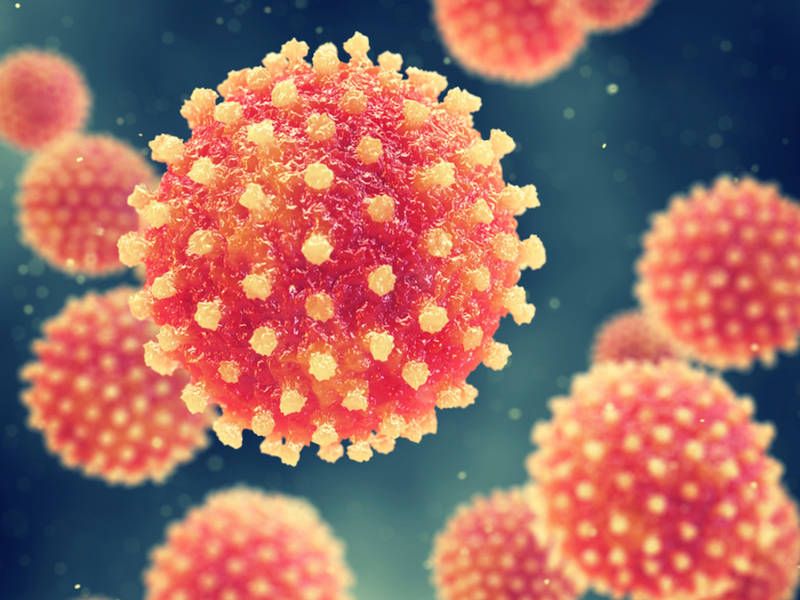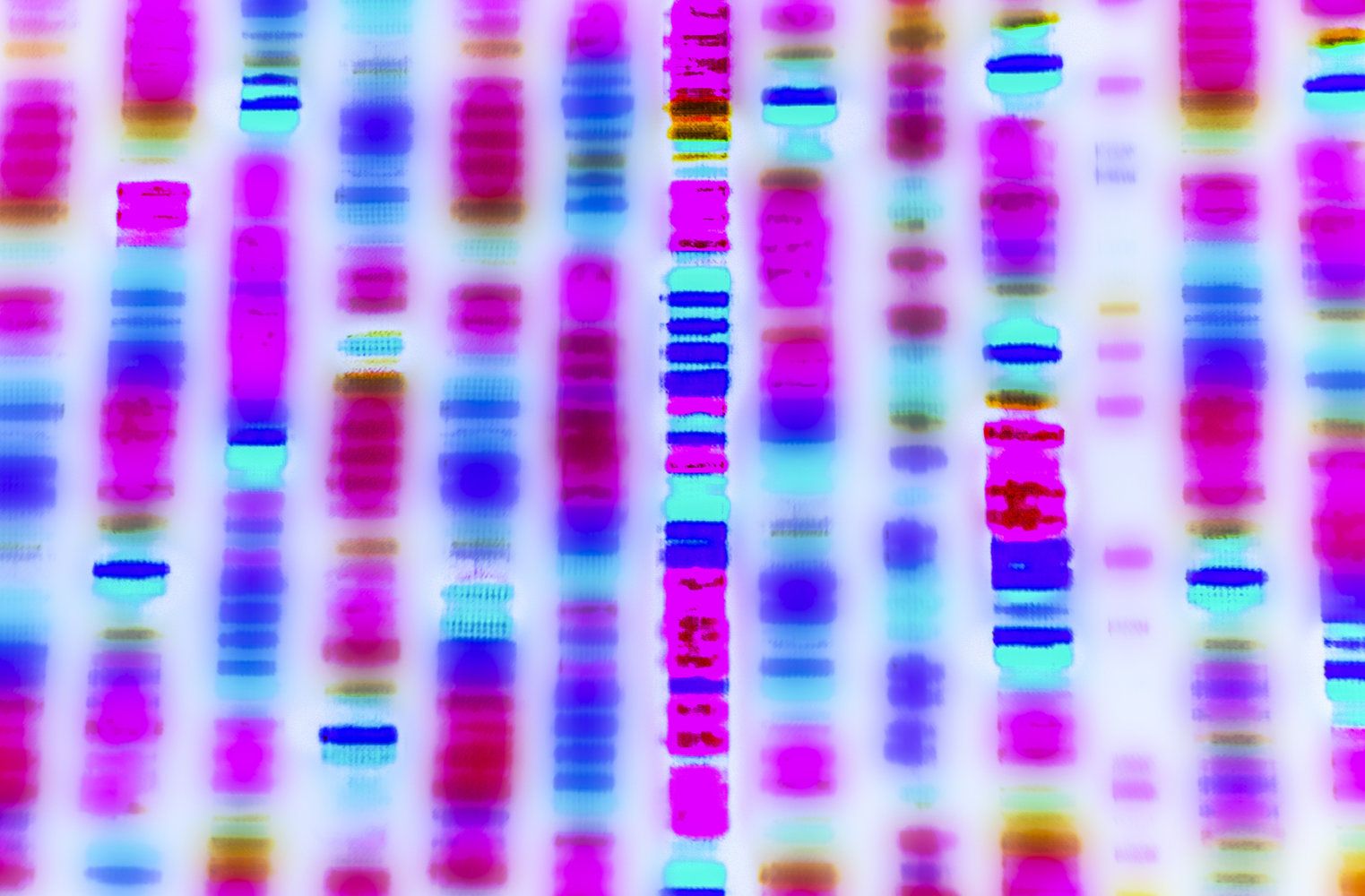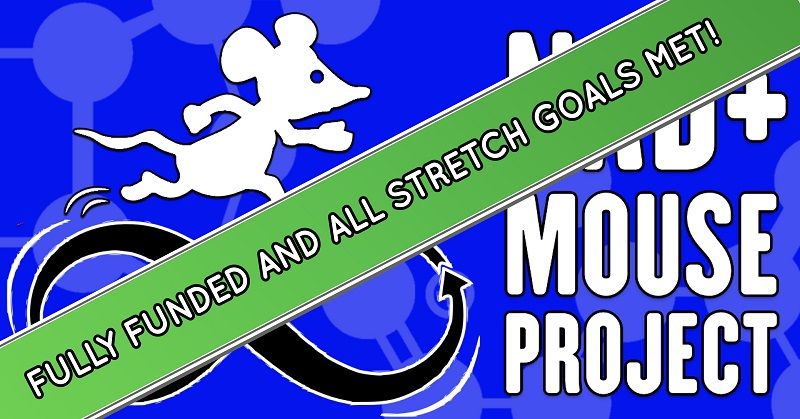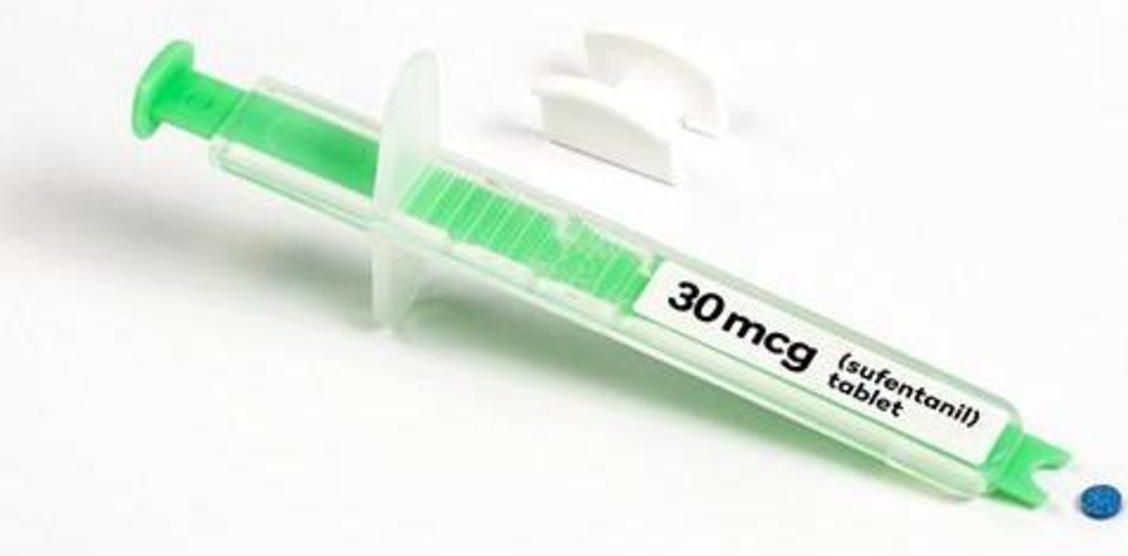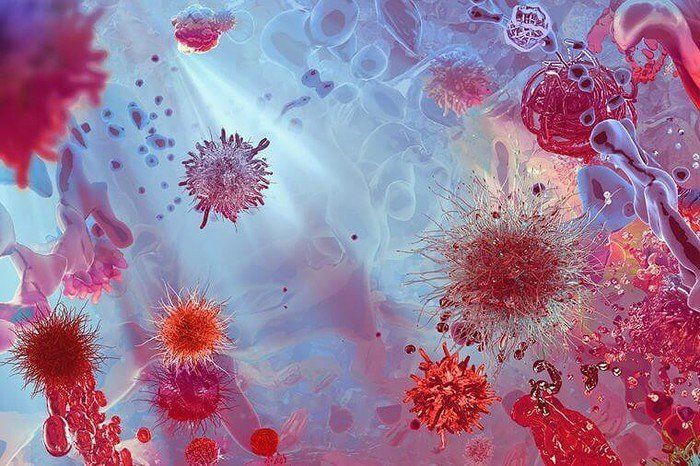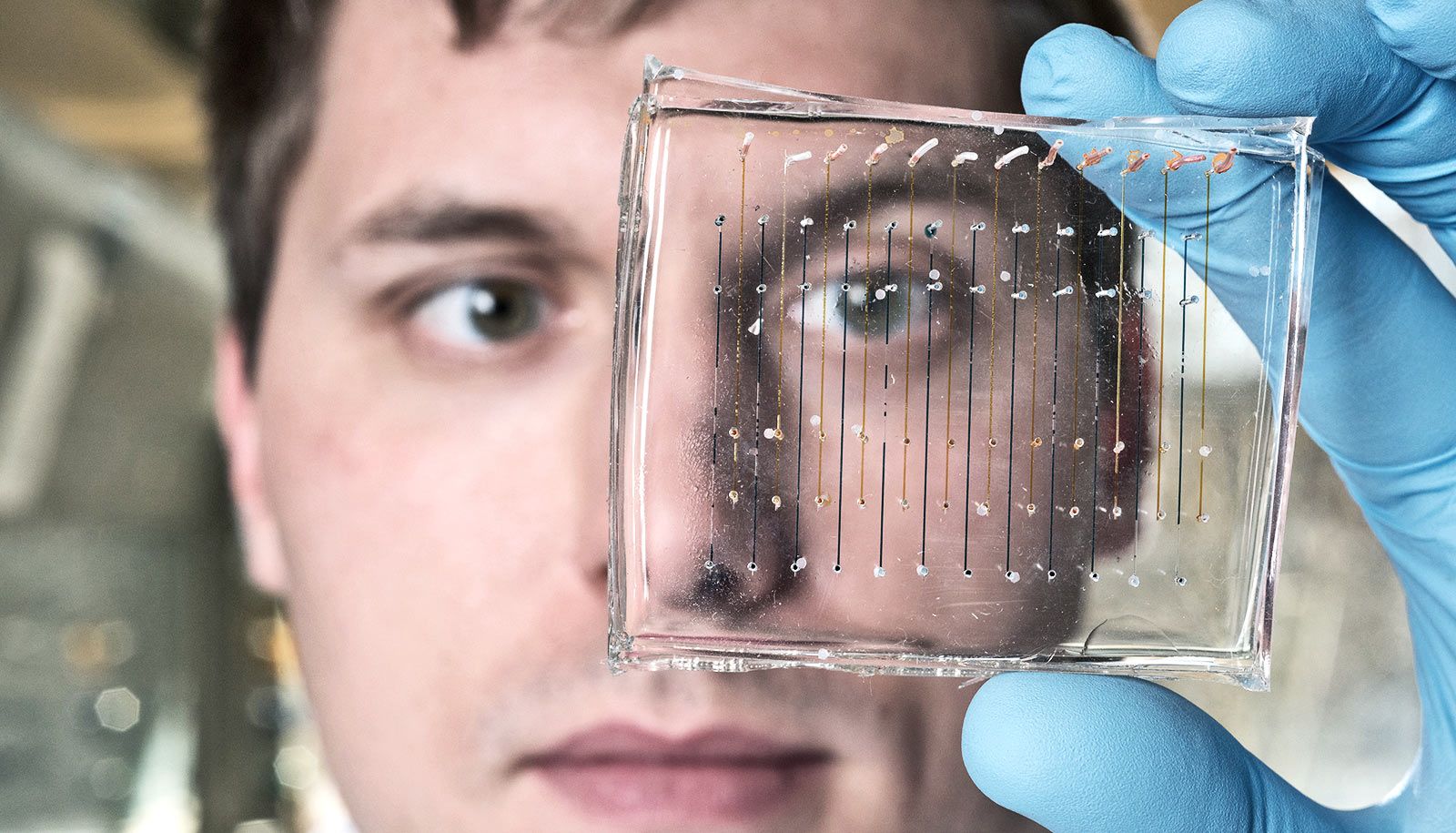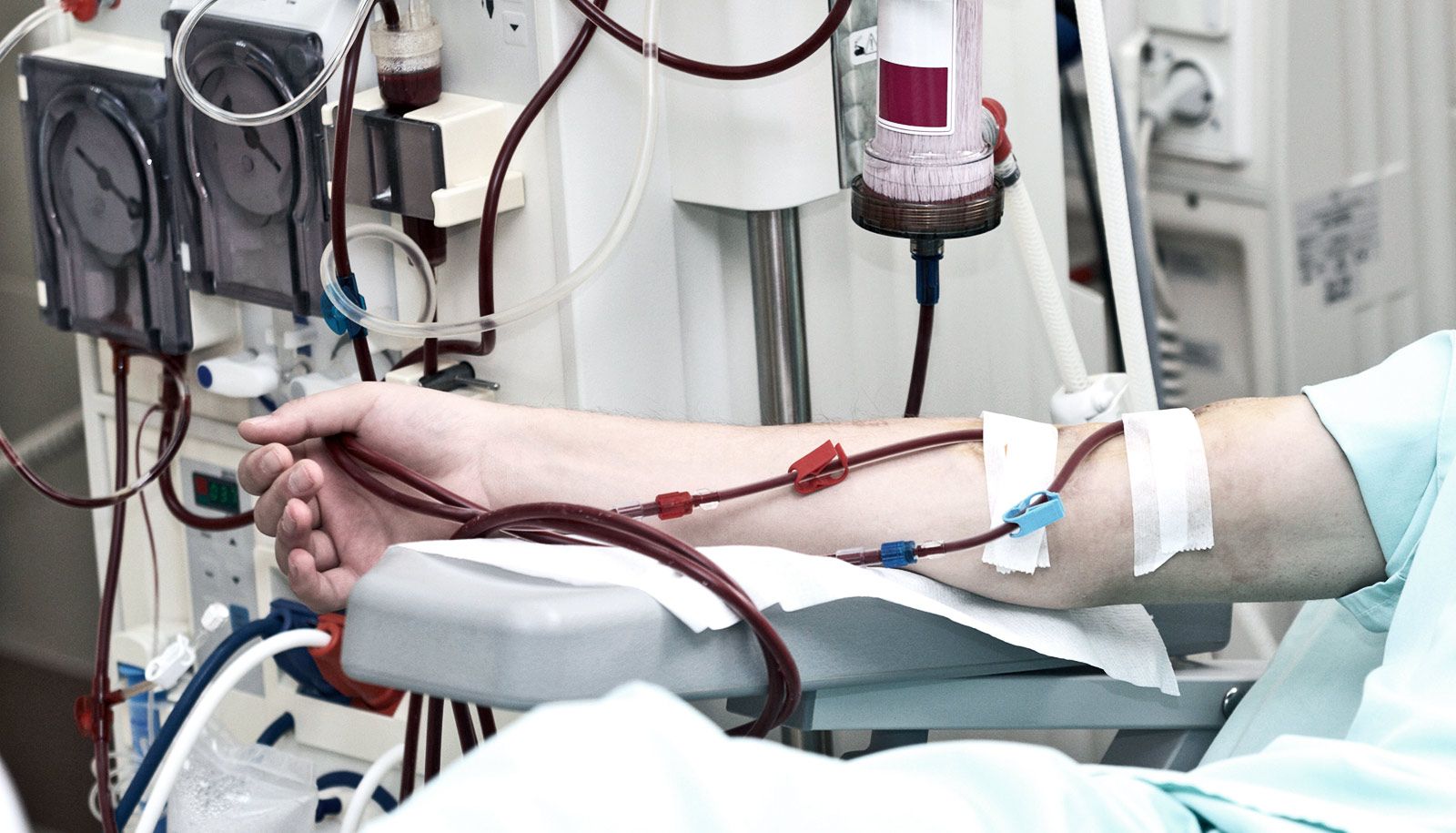Archive for the ‘biotech/medical’ category: Page 2271
Nov 5, 2018
Quantum Human Biology
Posted by Cathy Miller in categories: biotech/medical, food, health, quantum physics

Expert Panel Host: Dr Brian Clement
Conference Held at Adelphi University 2013.
(A podcast version of this video is available on iTunes.)
• Brian Clement — Learn how to transform your lifestyle from toxic and self-destructive to healthful and self-affirming, and experience renewed energy and vitality that will last a lifetime.
Nov 5, 2018
I Took 9 Different Commercial DNA Tests and Got 6 Different Results
Posted by Genevieve Klien in category: biotech/medical
Experts explained that the companies aren’t really doing science, so it’s not surprising that they produce different results.
Nov 5, 2018
New virus could help destroy cancer
Posted by Genevieve Klien in category: biotech/medical
A new study investigates the potential use of a virus against cancer. Researchers hope that the findings will be useful for different types of cancer.
Nov 5, 2018
NAD+ Mouse Project a Record Breaker
Posted by Steve Hill in categories: biotech/medical, life extension
The NAD+ Mouse Project has ended in a record-breaking amount raised for a research project so far on Lifespan.io. The campaign ended yesterday after having raised a total of $75,285 and smashing three stretch goals!.
An amazing 321 people backed the campaign and they will get to enjoy a range of great donor rewards and know that they have been a part of launching a great experiment. Thanks to their help the researchers will now be able to test if NMN has potential as an anti-aging drug.
We are both humbled and so very grateful for the generous support of the NAD mouse project. As the excitement and potential of the NAD longevity field continues to grow, we can’t wait to see what we learn and report to our supporters about what NMN can do. – Dr. David Sinclair
Nov 4, 2018
FDA approves painkiller 1,000 times more powerful than morphine
Posted by Genevieve Klien in category: biotech/medical
TRENTON, N.J. (AP) — U.S. regulators on Friday approved a fast-acting, super-potent opioid tablet that is 10 times more powerful than Fentanyl and 1,000 times more potent than morphine.
The drug called Dsuvia was developed as an alternative to IV painkillers used in hospitals.
The decision by the Food and Drug Administration came over objections from critics who fear the pill will be abused. In a lengthy statement, FDA Commissioner Scott Gottlieb said there will be “very tight restrictions” placed on its distribution and it is intended only for supervised settings like hospitals.
Continue reading “FDA approves painkiller 1,000 times more powerful than morphine” »
Nov 4, 2018
Rutgers researchers advance stem cell therapy with biodegradable scaffold
Posted by Genevieve Klien in categories: bioengineering, biotech/medical, life extension, nanotechnology, neuroscience
Rutgers scientists have created a tiny, biodegradable scaffold to transplant stem cells and deliver drugs, which may help treat Alzheimer’s and Parkinson’s diseases, aging brain degeneration, spinal cord injuries and traumatic brain injuries.
Stem cell transplantation, which shows promise as a treatment for central nervous system diseases, has been hampered by low cell survival rates, incomplete differentiation of cells and limited growth of neural connections.
So, Rutgers scientists designed bio-scaffolds that mimic natural tissue and got good results in test tubes and mice, according to a study in Nature Communications. These nano-size scaffolds hold promise for advanced stem cell transplantation and neural tissue engineering. Stem cell therapy leads to stem cells becoming neurons and can restore neural circuits.
Nov 4, 2018
“Alien Invasion” −99% of the Microbes Inside the Human Body are Unknown to Science
Posted by Genevieve Klien in categories: biotech/medical, genetics, science
“There was something else, too – something weirder. Of all the non-human DNA fragments the team gathered, 99 percent of them failed to match anything in existing genetic databases the researchers examined. We found a whole new class of human-infecting ones that are closer to the animal class than to the previously known human ones, so quite divergent on the evolutionary scale.”
A landmark Stanford 2017 study indicates that more than 99 percent of the microbes inside us are unknown to science. The survey of DNA fragments circulating in the blood suggests the microbes living within us are vastly more diverse than previously known. In fact, 99 percent of that DNA has never been seen before.
A new survey of DNA fragments circulating in human blood suggests our bodies contain vastly more diverse microbes than anyone previously understood. What’s more, the overwhelming majority of those microbes have never been seen before, let alone classified and named, Stanford researchers reported in the Proceedings of the National Academy of Sciences.
Nov 4, 2018
Method spotlights best nanoparticles to deliver genetic drugs
Posted by Genevieve Klien in categories: biotech/medical, genetics, nanotechnology
The new method uses a red glow to screen hundreds of nanoparticles at once to find which could best deliver drugs into living cells.
Nov 4, 2018
After states expanded Medicaid, fewer dialysis patients died
Posted by Genevieve Klien in category: biotech/medical
The adjusted absolute reduction in mortality in expansion states versus non-expansion states was 0.6 percentage points. Since end-stage renal disease affects more than 100,000 Americans each year, 0.6 percentage points equals hundreds of deaths annually, Trivedi says.
Better access to care
More research is necessary to determine exactly what caused the decrease in deaths, but the study suggests expanded insurance coverage, which provided better access to care, was the key factor in reducing mortality among this group. Medicaid expansion reduced the rate of end-stage renal disease patients without insurance by 4.2 percentage points, primarily through Medicaid coverage.
